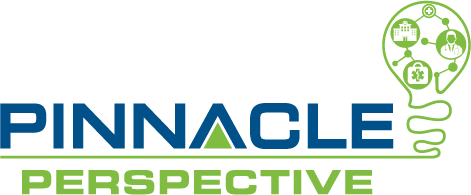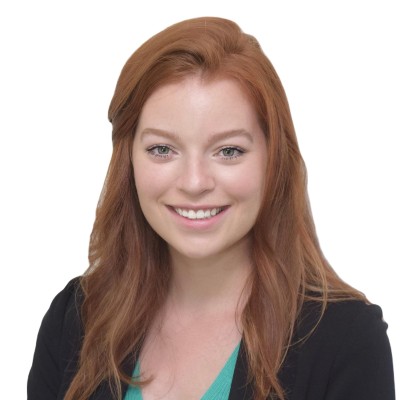
Some facilities allow for a medical graduate training program where residents and medical students can participate in the care of patients under the direction of a licensed attending physician (teaching physician). This allows the residents and medical students to further expand their medical knowledge and get real-world experience with their patients and colleagues. Teaching physician services have specific documentation requirements, and it is important to understand these requirements to stay in compliance with CMS regulations.
Per CMS guidance and policy, “When billing Evaluation and Management (E/M) services for a teaching physician you must look for, at a minimum, documentation of the following:
- The teaching physician performed the service or was physically present during the key or critical portions of the service when performed by the resident; and
- The teaching physician participated in the management of the patient
This may be supported by entries in the medical record made by the students, residents, nurses, or the teaching physician. However, the teaching physician must verify in the medical record all student documentation or findings. Also, the teaching physician must personally perform (or reperform) the physical exam and medical decision-making activities of the E/M service being billed, but verification of student documentation in the medical record is allowed, rather than redocumenting this work.”
Acceptable Attestation Examples
- “I have seen and evaluated the patient. I agree with the resident’s note as documented.”
- “I have seen and evaluated the patient. I agree with the resident’s note except (attending adds appropriate information).”
- “I was present with the resident during the visit. I discussed the case with the resident and agree with the note as documented by the resident.”
- “I was present for the entire procedure.”
- “I was present for the critical and key portions of the surgery, and I was immediately available to provide assistance.”
Unacceptable Attestation Examples
- “I reviewed the progress note and agree with the resident’s findings and plans as written. Case discussed with resident.”
- “I discussed the case with the resident, and we determined the performed procedure was medically necessary. I reviewed the progress note and procedure details and agree with the resident’s findings and plans as written. Case discussed with resident.”
These unacceptable attestations would result in the service being non-billable.
Time
When total time decides the office or outpatient E/M visit level, only include teaching physician presence time. CMS will pay the graduate medical training program separately, which includes the resident’s time providing services with a teaching physician, under Medicare Part A.
- “I have spent ___ minutes on this date present with the patient and performing the following activities (attending should provide details of what was performed on this date of service that meet the acceptable requirements for time activities). This statement excludes the time spent teaching the resident.”
Remember to apply the GC modifier for these services. Check with your payor to ensure this modifier is accepted for payment as some, like Medicaid, have different exceptions for certain modifiers.
Primary Care Exceptions
There are exceptions to the aforementioned rules regarding residents and teaching physicians. CMS states, “Under the primary care exception, in certain teaching hospital primary care centers, teaching physicians can bill certain services residents provide independently without teaching physicians present, but the teaching physicians must review the care.”
During the PHE, the CPT code sets for Primary Care Exception services were expanded to include 99204–99205, 99214–99215, 99495–99496, 99421–99423, 99452, 99441–99443 and HCPCS codes G2010 and G2012. As of 5/12/2023, the PHE has ended and teaching physician services for residents for Primary Care Exceptions will go back to the three levels of visits they were allowed to bill originally: 99202-99212, 99203-99213. Ensure you are also adding the GE modifier to these visits codes to reflect that the service was furnished by a resident in the absence of the attending.
For more information on the requirements and restrictions of the Primary Care Exemption, refer to 42 CFR 413.78(e)(3)(ii), 42 CFR 413.79(a)(6) and Publication 100-04 Medicare Claims Processing Manual, Chapter 12, Section 100.1.1.
References
- Medicare Claims Processing Manual, Chapter 12, Section 100 https://www.cms.gov/Regulations-and-Guidance/Guidance/Manuals/Downloads/clm104c12.pdf
- Guidelines for Teaching Physicians, Interns, and Residents
- https://www.cms.gov/Outreach-and-Education/Medicare-Learning-Network-MLN/MLNProducts/Downloads/Teaching-Physicians-Fact-Sheet-ICN006437.pdf
For more information, please contact PERCS Consultant Jessica Sullivan at JSullivan@AskPHC.com.
